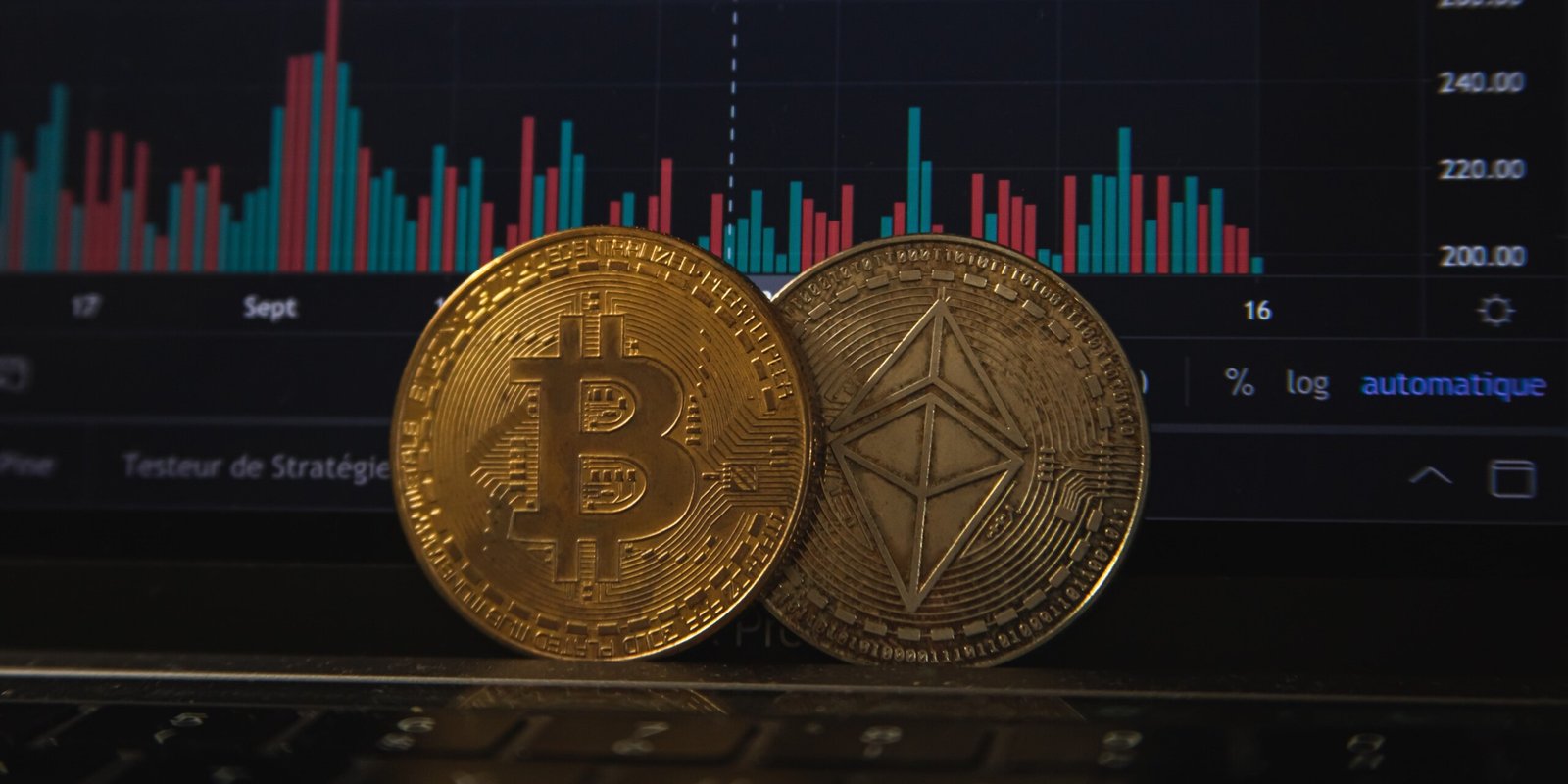Cryptocurrencies are not new, but they are still relatively new to us as a society—and we’re learning so much about them daily! We’re beginning to understand their impact on our economy, our government policy, and even how they can revolutionize our relationship with money itself.
Cryptocurrencies have gained immense popularity due to their potential high returns, and it is also highly volatile due to which it poses risks of dramatic losses.
The total crypto market cap has gone below the $1 trillion mark at the beginning of the year and continues to be so. The major cryptocurrency, BitCoin, slid below $19,000 last month and other currencies also saw a dip in their value too. A significant reason for the sudden downfall of the crypto market is the US federal reserve’s decision to increase interest rates to combat inflation. This increase made the investors lose trust and start selling off their digital assets.
How Do Crypto Fluctuations Affect Investors?
The prices of cryptocurrencies rise and fall based on how much others think they’re worth at any moment. A major reason why cryptocurrency evolved organically is that it isn’t regulated by any regulatory bodies like Central Banks (or other banks). Crypto’s increasing popularity has led to an increase in awareness of how crypto affects the stock markets.
Cryptocurrency and stock prices are somewhat correlated as many factors that affect stock prices also affect the crypto. They have similar trends because investors treat crypto like they would do with equities. So similar to the bear market cycle in the stock market, it is considered that cryptocurrencies are experiencing a crypto winter.
In the past, countries that have welcomed crypto networks may have seen an increase in innovation, investment, and jobs. Businesses also benefited from adopting crypto as a digital asset by accessing new demographics of potential customers and receiving technological efficiencies in treasury management. So the downturn this year will adversely affect the lives of business and people alike.
Due to their scale, structural vulnerabilities, and increased interconnectedness with traditional financial systems, crypto-asset markets are fast evolving and may threaten global financial stability in the near future.
Need for Regulatory Measures
Due to the market’s extreme volatility, regulators need to be able to monitor the rapid developments and risks involved in the crypto ecosystem by tackling the data gaps. The global nature would also call for cross-border coordination between the policymakers – enabling cheaper and more transparent cross-border transactions.
The US President has issued an order to ensure the responsible development of digital assets to the US Government to research and analyze cryptocurrency. The first publication of this research included points related to how consumers, investors, and businesses will be protected and how they will be provided access to safe and affordable financial services.
Investing in Crypto is risky, and you need to exercise caution before investing. If you need any advice or more information regarding the latest trends and developments in the crypto world, you could check out my blogs. You could also get in touch with me for more details, I will be happy to help you make smart decisions.




